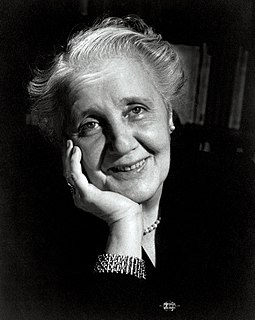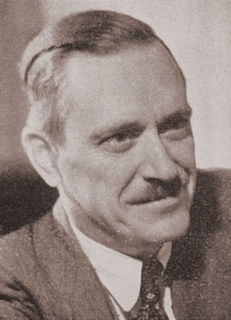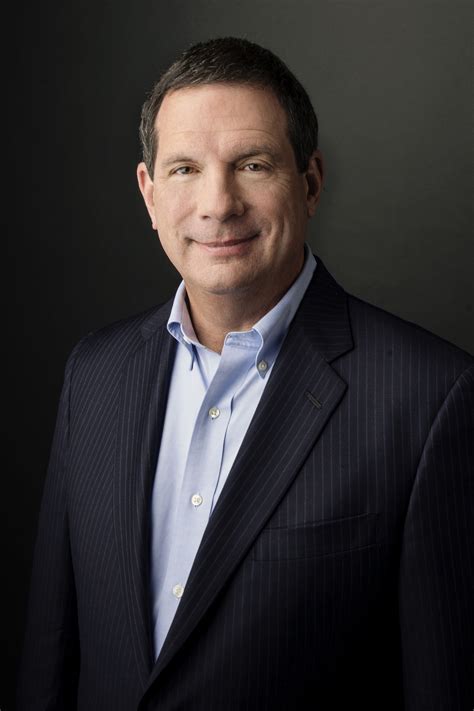A Quote by Friedrich Nietzsche
Life is an instinct for growth, for survival, for the accumulation of forces, for power.
Related Quotes
For several centuries Western civilization has had a drive for material accumulation, continual extensions of economic power, termed 'progress'...The longing for growth is not wrong. The nub of the problem is how to flip over, as in jujitsu, the magnificent growth energy of modern civilization into a nonacquisitive search for deeper knowledge of self and nature.
Influences come from everywhere but when you are actually shooting you work primarily by instinct. But what is instinct? It is a lifetime accumulation of influence: experience, knowledge, seeing and hearing. There is little time for reflection in taking a photograph. All your experiences come to a peak and you work on two levels: conscious and unconscious.
If outside forces and culture were the reasons behind declining and non-influential churches, we would likely have no churches today. The greatest periods of growth, particularly the first-century growth, took place in adversarial cultures. We are not hindered by external forces; we are hindered by our own lack of commitment and selflessness.
Here and there awareness is growing that man, far from being the overlord of all creation, is himself part of nature, subject to the same cosmic forces that control all other life. Man's future welfare and probably even his survival depend upon his learning to live in harmony, rather than in combat, with these forces.
Amazingly, we take for granted that instinct for survival, fear of death, must separate us from the happiness of pure and uninterpreted experience, in which body, mind, and nature are the same. This retreat from wonder, the backing away like lobsters into safe crannies, the desperate instinct that our life passes unlived, is reflected in proliferation without joy, corrosive money rot, the gross befouling of the earth and air and water from which we came.










































